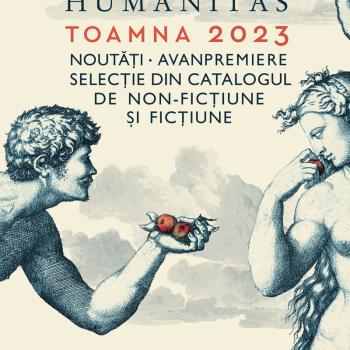On his new blog, James Crossley has taken a critical look at the traditional criteria that some hoped would get us certain historical knowledge about Jesus. I appreciate that, despite his criticisms, he acknowledges that one criterion, that of embarrassment, has held up reasonably well over time.
I do think the point he makes, that we may not know what was embarrassing to ancient people, has less force than he and others seem to think it does. Our uncertainty about what was embarrassing is just part of our larger relative uncertainty about the past, and once one abandons a positivist approach that unrealistically seeks to attain certainty, the fact that we are not absolutely certain about what was embarrassing, is neither surprising nor disconcerting.
Where we have no evidence concerning what seemed embarrassing in a particular historical and cultural context, the criterion of embarrassment cannot be applied. But we have enough historical information to conclude that there was reason to be embarrassed by the crucifixion of someone you claimed was going to restore the Davidic dynasty to the throne, for instance.
This approach can only tell us, as Crossley points out, that the tradition in question did not originate with that author. But when that gets us back behind Paul or Mark, it is putting us very close in time to the historical Jesus, and as long as we are seeking probability and not an unrealistic certainty, this criterion can be helpful.
Or related interest, Jonathan Bernier sought to illustrate that Jesus mythicism is to history what young-earth creationism is to science, by engaging in a bit of tongue-in-cheek “Last Thursdayism.” In a follow-up post, Bernier turned his attention to the criteria and the “untenable empiricism” that drove them, recommending that historical Jesus studies not bemoan mythicism but rather “get our conceptual house in order,” since mythicism is simply a byproduct of problematic aspects of earlier generations’ approach to historical scholarship.














